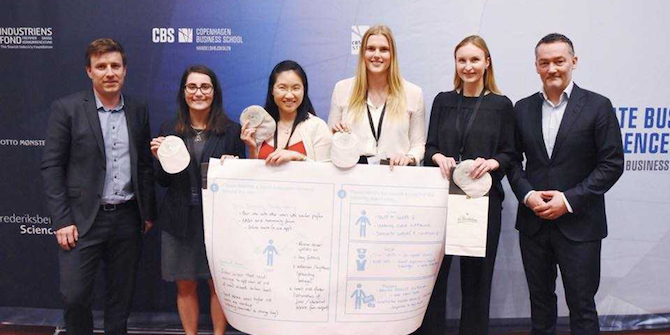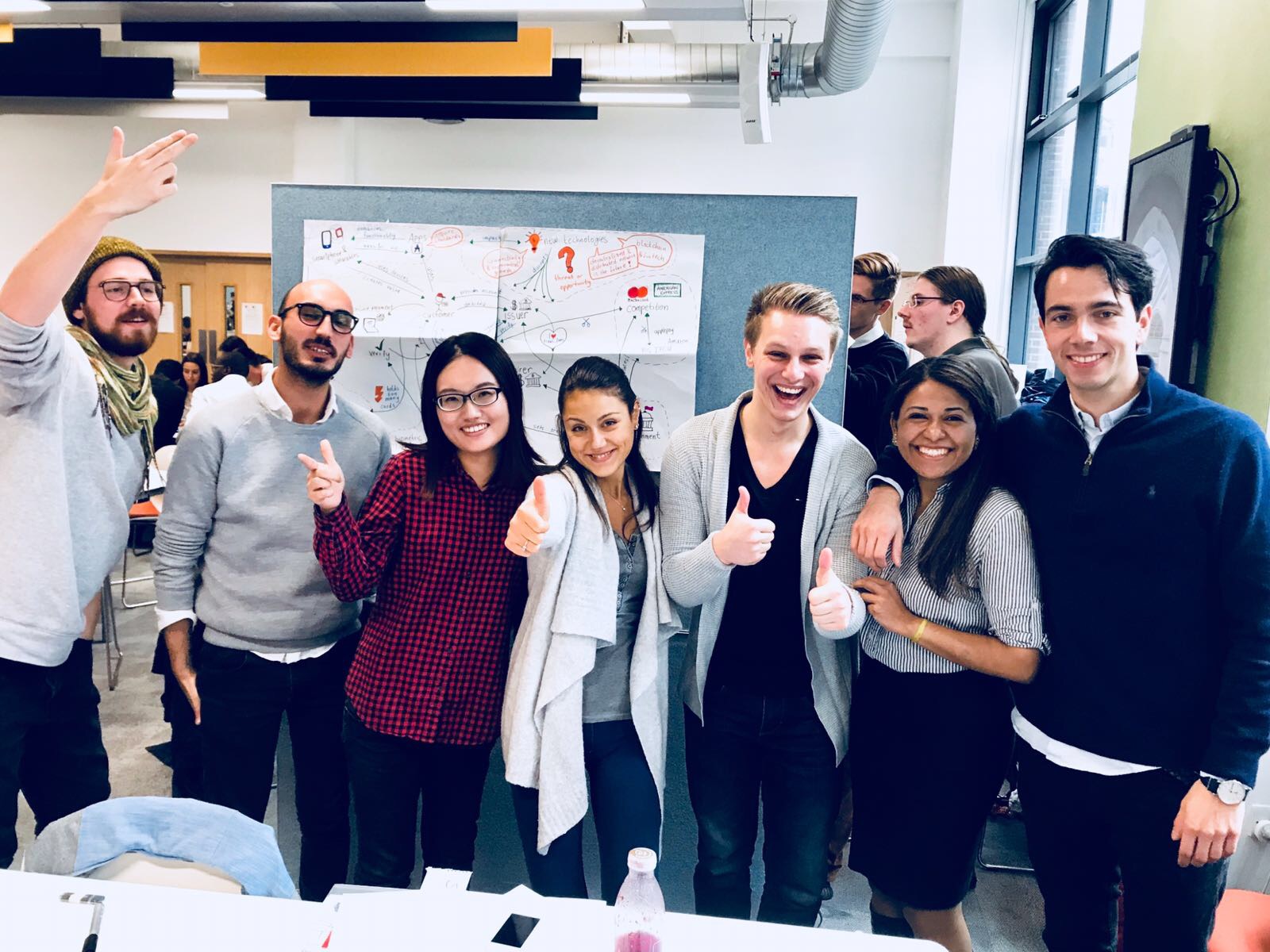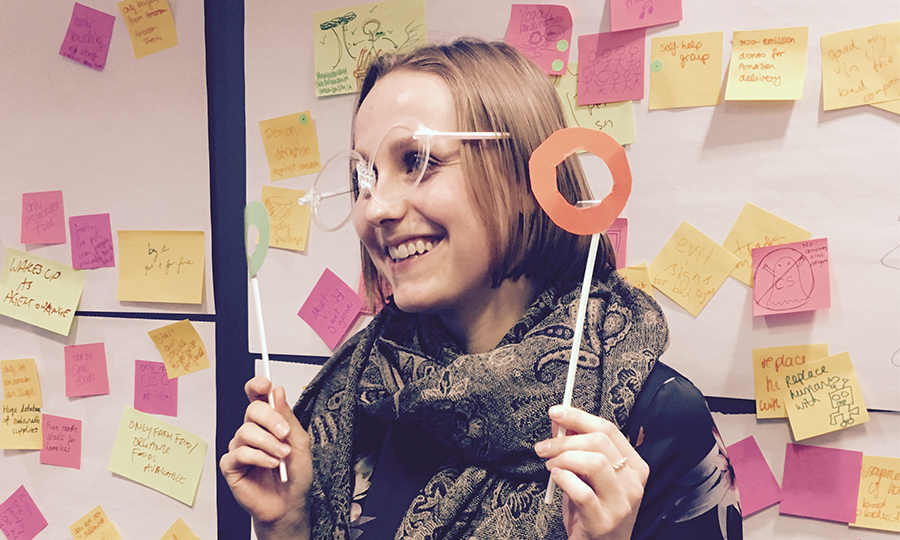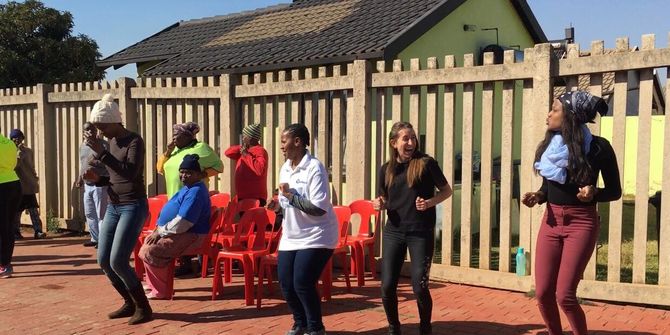As the President of the Graduate Management Society, Stephanie Bonham was invited to the Graduate Business Conference in Denmark, where she discovered the secrets of Nordic business – and fell in love with her subject all over again.
Two months ago, I stepped off a plane and into Copenhagen.
I was filled with anticipation and excitement, but I didn’t really know what to expect. All I knew was a few months earlier I had been invited to attend something called the Graduate Business Conference (GBC) because of my role as President of the Graduate Management Society.
After some research, I discovered that GBC is the only forum for MBA leadership in the world, inviting the incoming and outgoing presidents from the top 50 MBA/Management programmes. To my surprise, I not only learned about business and management, but also more about myself as a leader. Moreover, I made long-lasting connections and friendships with people from all over the world.
The theme of the conference was ‘The Nordic Way’ of doing business. We heard from the Crown Prince of Denmark, the CEO of Carlsberg, and others on what makes Nordic business unique. Amongst other things, Nordic businesses are distinct for their innovation, competitiveness, and sustainability. What struck me the most was that in Denmark, businesses do not think of corporate social responsibility as a marketing ploy to have a good public image. In fact, giving back to the community and sustainability are part of the fundamental DNA of business in Denmark.
For example, when we visited the Carlsberg headquarters we learned about their long history of giving back to the community, as well as their goal of reaching zero carbon footprint, water waste, irresponsible drinking, and workplace accidents. I would not have imagined such a large beer producer to take these actions, but as a Danish business, it was a no-brainer for them.
In addition, we attended workshops led by the Graduate Business Forum on how to be a good leader in MBA/Management programmes. In these sessions, we learned from our peers about best practices and common difficulties we all face in our roles. It was valuable to learn that student leaders face the same challenges across the globe. In turn, it was also inspiring to hear how others have faced these problems and managed to accomplish incredible things for their programs. Many times, we would reflect on the workshop themes over lunch and discuss our own personal experiences. It was during these lunches, in fact, that I learned the most from my peers.
Apart from our daily lectures and workshops, we also got to enjoy what Copenhagen has to offer. The team at Copenhagen Business School did a superb job to planning social and cultural events for us to enjoy daily. From a canal boat tour to an evening in Tivoli Gardens, we saw some of Copenhagen’s most iconic landmarks. In the evenings, we let off some steam over dinner and drinks, connecting with our peers on a more personal level. Maybe it was our shared experience as student leaders, but the friends we made over those short days will last a lifetime.
Leaving the conference four days later, I felt incredibly inspired and motivated. I had learned so much in just a few short days that it is hard to put it all down into words. The main thing I learnt was to think outside of the box. Whether it has to do with how businesses are run or how to lead a group of students, there is always a different way to think about the problem.
At LSE, we should not be so reluctant to look at alternative forms of management – in fact, we should embrace them. In a world where our generation faces many social, political, and environmental problems, it might not be enough to just worry about financial returns. In addition, I learned that we as LSE students should take more advantage of conferences like these to connect with other business students from all over the world. We might be surprised at what we find!
Learn more about our Global Master’s in Management programme






